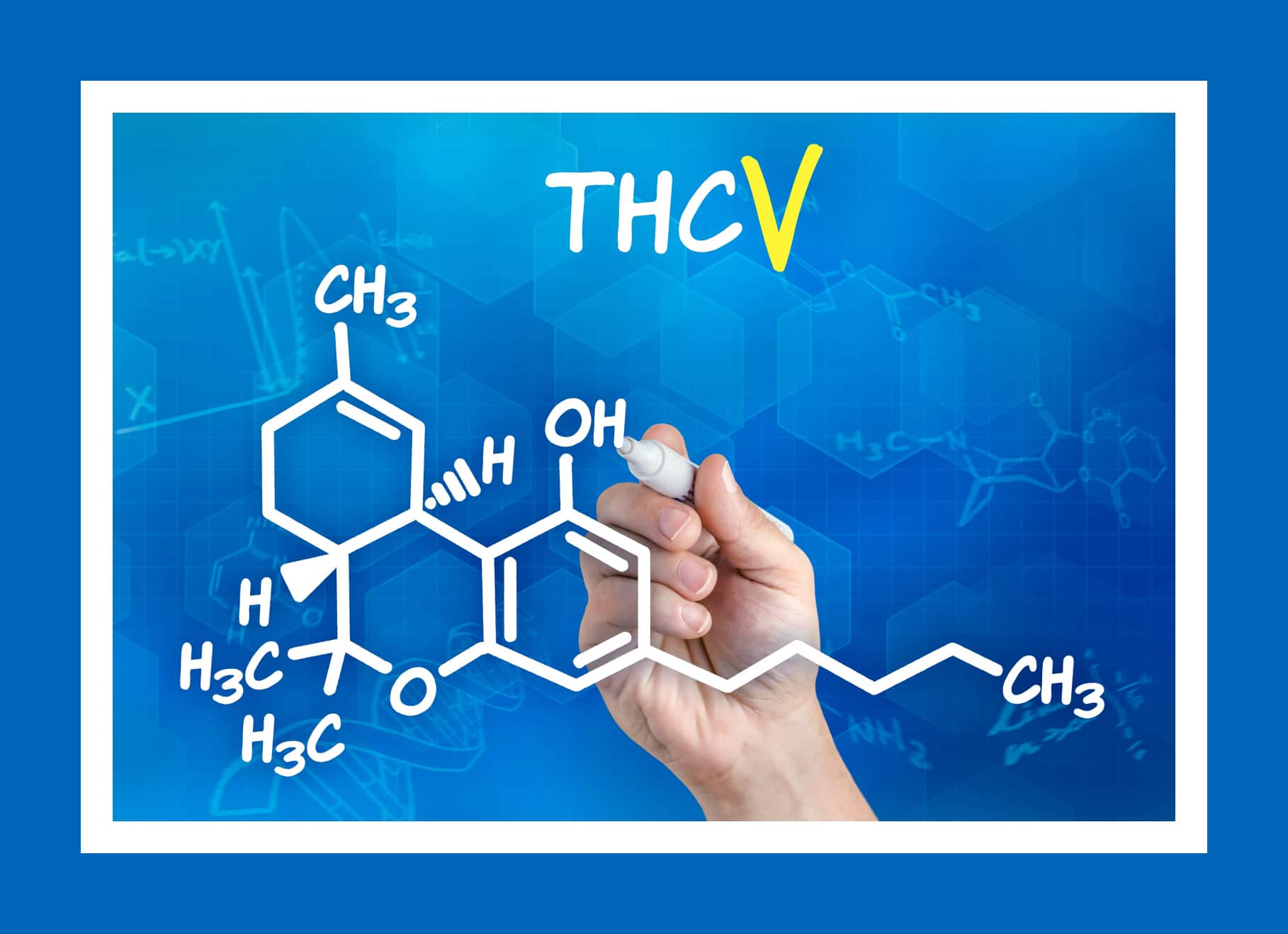Tetrahydrocannabivarin (THCV) is a cannabinoid substance found in marijuana and hemp plants. It's chemically similar to tetrahydrocannabinol (THC) but with some essential differences. Here's whatever you need to understand about THCV consisting of the dangers, advantages, distinctions, and similarities with other kinds of THC and more. What Is THCV? THCV is a less common cannabinoid discovered in some stress of marijuana, specifically African sativa.
 Tetrahydrocannabivarin - Wikipedia
Tetrahydrocannabivarin - Wikipedia
 THCV vs THC: What Are the Differences? Articles Analytical Cannabis
THCV vs THC: What Are the Differences? Articles Analytical Cannabis
 Tetrahydrocannabivarin - Wikipedia
Tetrahydrocannabivarin - Wikipedia
THCV has a 3-carbon side chain instead of THC's 5-carbon side chain. This difference is subtle, however it has a noticeable effect on the impact profile. THCV is somewhat psychedelic however only about and about. What Does THCV Seem like? THCV has a strong energy-boosting part to it, which makes it specifically popular among students and professional athletes.
In the United States, THCV regulation is nuanced. THCV is not a Schedule I Drug, however cannabis extracts are making it rather uncertain what the federal position is on THCV. The 2018 Farm Bill states that hemp plants and all derivatives of the plants are legal on a federal level, a lot of companies comply with this law and still provide THCV to clients by just extracting the compound from hemp plants.
If THCV is considered a THC analog, it might be managed in the future by the very same guidelines as THC under the Federal Analog Act. This act states that any substance that shares a similar molecular profile as a recognized restricted substance it's consisted of in the same drug Set up category.
What Are the Effects of THCV? Advocates of THCV report that it produces an intense burst of energy and makes them feel blissful without the psychological cloudiness triggered by THC. The effects are very mild compared to THC. The results are almost exclusively cognitive yet somehow have extremely little influence on headspace.
2. THCV & Hunger Some THCV users declare that it curbs their hunger. This is a typical impact of other focus-enhancing substances as well. It's as though THCV removes the interruption of other bodily procedures (like hunger) in order to maintain resources and attention to cognitive jobs rather. How Does THCV Work? Cannabinoids produce biological impacts in the human body by engaging with endocannabinoid receptors.
CB1 receptors lie in the anxious system and engage with neurotransmitters in the brain to produce mind-altering effects. Interaction with CB1 websites is what provides some cannabinoids like THC their psychoactivity. THCV is a bit difficult to comprehend because it's mostly a CB1 antagonist, indicating it has the opposite impact as THC.
While researchers are still looking for to understand this procedure, it appears THCV is able to obstruct the impacts of CB1 in low doses and stimulate them in high dosages. CB2 receptors are discovered primarily in the body immune system. THCV is a partial agonist of CB2, but the impacts of this partial activity aren't popular, and it apparently has no discernible influence on THCV users' experience.
As mentioned in the previous section, THCV is a CB1 antagonist in low doses which is the specific opposite result of delta 8 and delta 9 THC. This could mean that THCV neutralizes some of the psychoactive results of THC. This result might explain why people who use THCV feel so clear-headed specifically compared to the notorious "fogginess" induced by delta 9 THC.